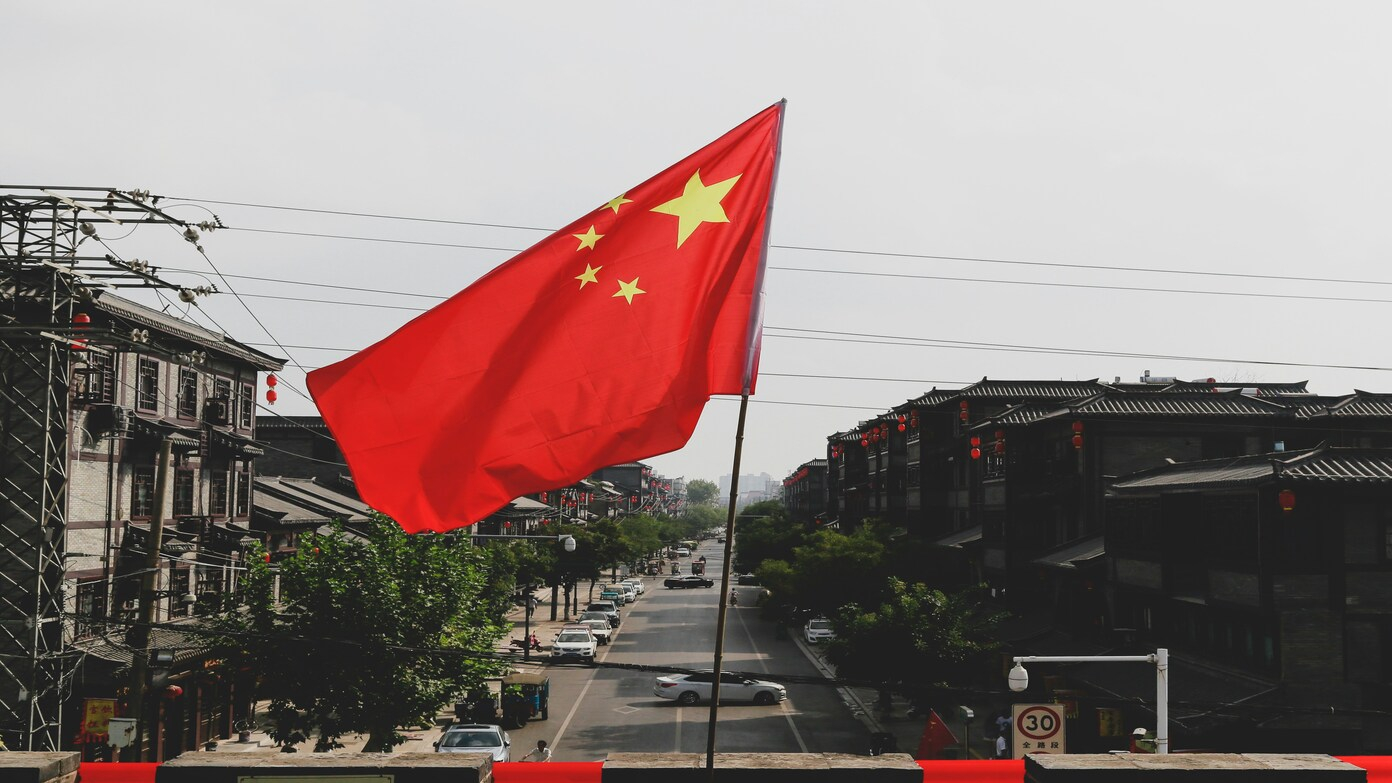The trade war between the United States and China reignited as Beijing launched retaliatory measures against President Donald Trump’s decision to impose a 10% tariff on Chinese goods. In response, China not only imposed tariffs on several U.S. exports but also opened an investigation into Google for alleged antitrust violations. This sharp escalation dashed any remaining hopes of reaching a trade deal that could prevent further economic damage. The back-and-forth tariffs and investigations are complicating an already fragile relationship between the world’s two largest economies.
China’s retaliatory tariffs targeted a wide array of U.S. goods. These included a 15% tariff on U.S. coal and liquefied natural gas exports, along with a 10% fee on agricultural equipment and oil. Beijing’s actions were not limited to just tariffs; the Chinese government also blacklisted major U.S. companies, such as PVH (the owner of Calvin Klein) and Illumina, a leading gene sequencing company. Furthermore, China imposed new export restrictions on tungsten-related materials, further intensifying the economic conflict. These retaliatory measures are seen as relatively targeted, but they still have an immediate impact on global markets. U.S. stock futures plummeted in response to China’s actions, and oil prices saw a significant drop. However, the S&P 500 and Nasdaq 100 futures later recovered some of their losses, signaling that investors were somewhat reassured by the focused nature of the Chinese tariffs. The U.S. dollar gained ground against its G-10 peers, while currencies sensitive to China’s economic health, such as the Australian and New Zealand dollars, faced steep declines. Despite the market volatility, Chinese stocks listed in Hong Kong surged by 3.5%, demonstrating resilience in the face of external economic pressure.
Trade Wars: China Hits Back at Trump, Imposes Tariffs on US Goods
This development came on the heels of a last-minute tariff reprieve granted to Canada and Mexico by Trump just hours before China’s response. President Trump has also expressed a willingness to engage in talks with Chinese President Xi Jinping to avoid further tariff escalation. However, China’s retaliatory actions made it clear that tensions were far from being resolved. The growing trade conflict will likely have lasting effects on global markets, with both nations facing economic repercussions as a result.
Global Shifts: India, Indonesia, and Corporate Moves
While U.S.-China trade tensions dominate the headlines, other countries are making significant moves to bolster their own economic strategies. In India, Prime Minister Narendra Modi is working to appease President Trump in an effort to avoid a trade conflict. The Indian government has made substantial concessions to the White House in recent weeks, most notably unveiling a major overhaul to the country’s tariff regime. These reforms included significant cuts to import duties on a range of goods, including textiles and motorcycles. The overhaul follows India’s pledge to accept thousands of unlawful migrants from the U.S. and its commitment to maintaining the dollar as the country’s primary trading currency. Modi’s swift diplomatic actions have resulted in an invitation to meet with President Trump in Washington next week, signaling an attempt to smooth over trade differences.
In Indonesia, President Prabowo Subianto’s administration has been pushing forward with an ambitious economic agenda. The Indonesian parliament recently passed an amendment to the country’s state-owned enterprises law, setting the stage for the creation of a new entity, Danantara, to oversee Indonesia’s state-owned companies. This new framework will allow for better management of state assets and create opportunities for both domestic and international investments. The move aims to modernize Indonesia’s state enterprises and enhance their operational efficiency.
China hits back after new US tariffs take effect
On the corporate front, several major companies are navigating challenging market conditions. Salesforce, a U.S.-based software company specializing in customer relationship management, is making cuts to its workforce as it enters the new fiscal year. Over 1,000 jobs will be affected, though displaced workers will be given the opportunity to apply for other roles within the company. Despite the job cuts, Salesforce remains focused on expanding its artificial intelligence product offerings, which could provide new growth opportunities in the future.
Nintendo, a giant in the gaming industry, recently revised its financial forecast downwards after experiencing disappointing sales during the holiday period. With gamers eagerly awaiting the release of next-generation consoles, Nintendo lowered its profit and revenue projections for the fiscal year. The company now expects to sell fewer units of its Switch console than previously anticipated, signaling a shift in consumer expectations ahead of new console releases.
In Southeast Asia, the region’s largest ride-hailing companies, Grab and GoTo, are accelerating merger discussions. Grab, which is backed by Uber, is reportedly considering a takeover of GoTo at a valuation of over $7 billion. This merger aims to consolidate the ride-hailing industry in Southeast Asia, which has been plagued by heavy competition and losses for years. The deal would create a dominant force in the region’s internet services market, offering both companies a chance to streamline their operations and improve financial performance.
Finally, in India, nearly one-quarter of the country’s landmass remains unconnected to the internet, creating a significant digital divide. Traditional internet infrastructure has struggled to reach remote areas, leaving millions of people offline. However, the rise of low-earth orbit satellite networks presents a new opportunity to bridge this gap. Companies like Amazon and Starlink are keen to enter India’s satellite internet market, which could offer high-speed connectivity to underserved regions and help close the digital divide.
As trade tensions continue to evolve between the U.S. and China, other countries are also positioning themselves for growth and economic stability. India and Indonesia are making bold moves to modernize their economies, while companies in the tech and gaming sectors are adjusting to shifting market conditions. The global economic landscape is rapidly changing, with trade wars, corporate strategies, and technological innovations shaping the future of international business.
